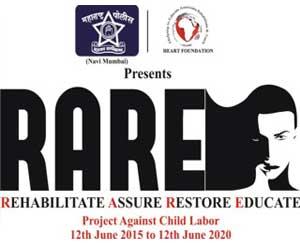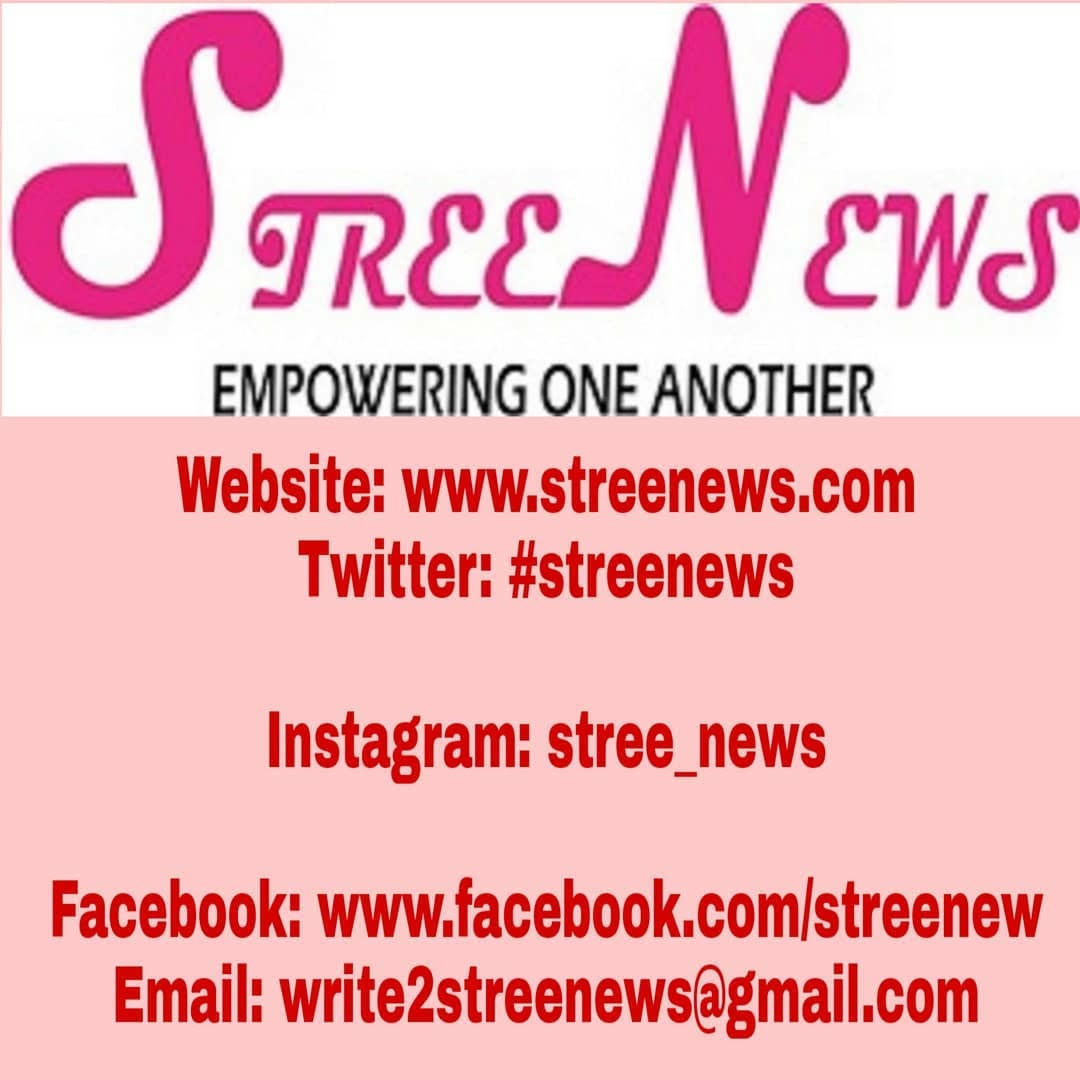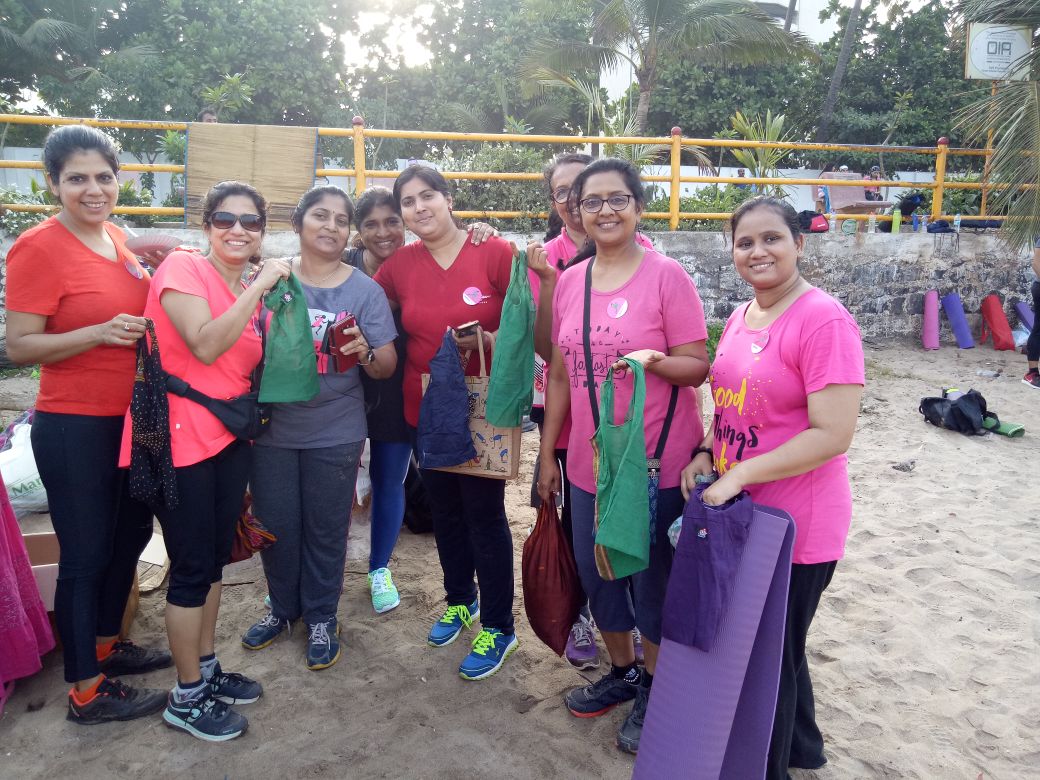
By: Varda Sharma
Like any other environmentalist, Seema Pardeshi Khandale was highly disturbed by the devastating effects of plastic bags on environment. With no effective disposal method for plastic bags in place, these ultimately land up in the landfill or are burned: both solutions being detrimental for the environment. “Burning emits toxic gases that harm the atmosphere while in landfills these remain indefinitely as non biodegradable plastic wastes,” says Ms. Khandale. “Throughout the world plastic bags are responsible for suffocation deaths of animals as well as inhibiting soil nutrients”.
After completing her Masters in Social Work from Somaiya College, Mumbai, Ms. Khandale decided to work in this space and do her bit in conserving nature. In October, 2015 with the help of her family members and friends, she founded ‘Ashay Social Group’ a not for profit organisation, with an aim to spread awareness about sustainable options and tell people to avoid ‘one time use and throw option’.
The first and foremost concern was to find alternative to plastic bags which are easier to carry and are not detrimental to environment.
After intensive research, the team hit upon the idea of making cloth bags out of discarded sarees, dupattas, blouse pieces etc. “We ask people to give us old sarees from which we make cloth bags,” says Ms. Khandale. Around 10 bags are made from one saree. “Four women from financially weaker background help in stitching bags,” says Stuti Murarka, volunteer.
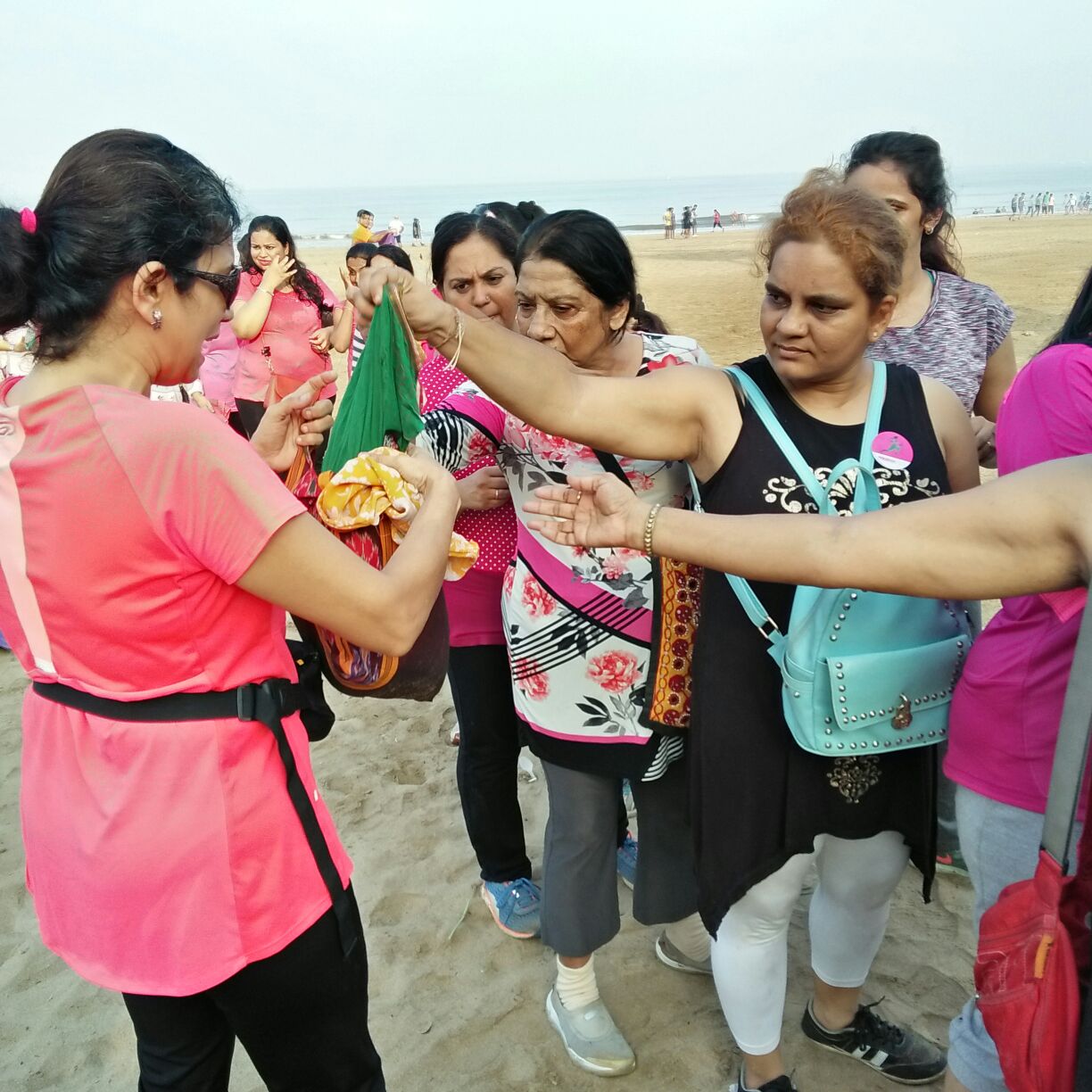
Till now, Ashay Social Group has distributed around 15,000 saree bags to people. “There is no selection criteria for giving bags. Whenever our volunteers see people using plastic bags in a market place, we simply give them bags and ask them to use these whenever they go for shopping,” Asha Parab, another volunteer.
“Having a cloth bag in our hand not only helps us to remember that we have to say ‘No’ to plastic carry bags but also motivates others to follow example,” says Ms. Khandale. “Even if one person says no to one plastic carry bag a day, the number will be minimum 5 in a week, 25 in a month, 300 in a year and so on. This may seem small in the beginning but will gradually help in lessening the number of plastic carry bags that ultimately land up in landfills,” she reasons. It is basically following the 3 ‘R’s in life: Reuse, Recycle and Reduce.
Sustainable menstruation options
The second project of Ashay Social Group is promotion of sustainable menstruation options. “According to estimates, a woman uses up to 10,000 sanitary pads during her reproductive age. Most contain plastic and take 500-800 years to decompose. Besides sanitary napkins and tampons have chemicals in them that are harmful to women’s health and if burnt at landfill sites, have adverse effects on the environment,” says Ms. Khandale.
The volunteers of Ashay Social Group conduct seminars promoting menstrual cup and cloth pads as the alternative sustainable options. “Menstrual cup is 100% medically graded silicon material, which is worn in vagina, to collect the menstrual fluid. Depending on the flow we simply have to remove it, wash it and again wear it,” says Samriddhi Murarka, volunteer. One cup can be used for 8-10 years or more. “These are eco-friendly, eco-beneficial and hygienically good alternatives,” says Ms Khandale who has herself designed menstrual cup which is cost effective compared to the other menstrual cups available in the market.
Another alternative to sanitary napkins are cloth pads made of pure cotton material, with eco-friendly preventive layer. “Set of 5 to 6 cloth pads can be used for 3 to 4 years. These can be washed, dried and re-used.” Ashay Social Group takes the help of 4 underprivileged women in stitching the cloth pads. “We also conduct free workshops and awareness sessions in schools, colleges, government offices, corporate offices, mahila mandals, anganvadi sevikas etc. where we not only tell them about the benefits of using cloth pads but also teach them how to make these at home,” says Ms. Khandale.
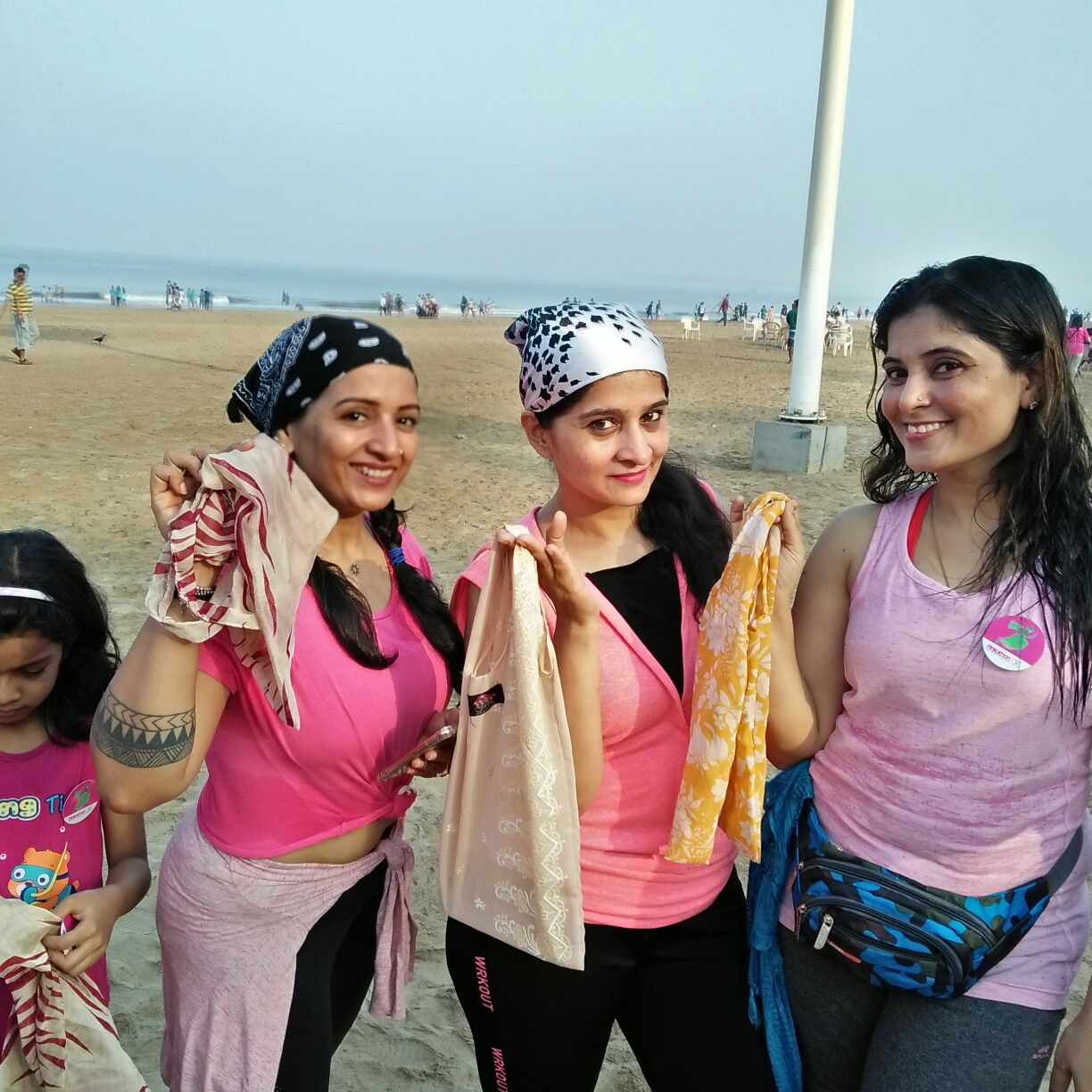
To get funds, however, is a challenge. While some donations trickle in from time to time, most of the projects have been self funded, says Ms. Khandale. “People can support the cause in many ways: by donating money or by donating used sarees or dupattas,” she adds. The aim is to join hands and take a step “for the betterment of environment and for our next generations”.
Founder: Seema Pardeshi Khandale
Founded: 2015
Location: Mumbai
Website: www.ashaysocialgroup.org







